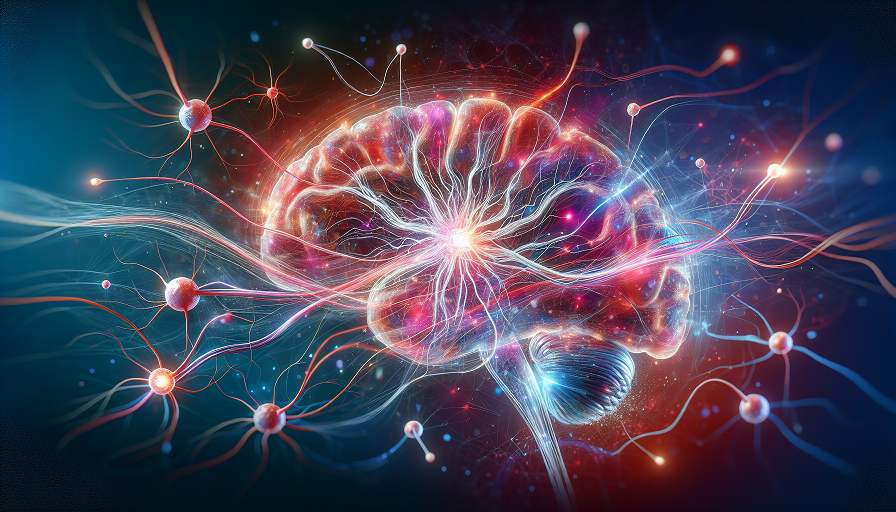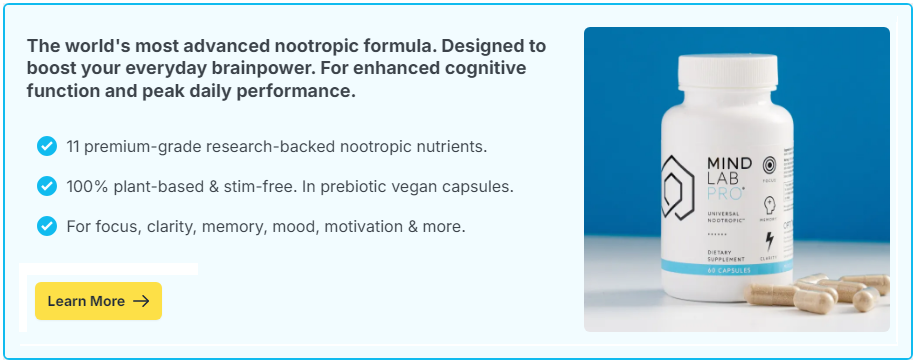
Waking up groggy and unfocused? Your brain relies on quality sleep to function at its best. Poor sleep can lead to brain fog, memory lapses, and increased stress. The good news? Small changes in your sleep routine can make a huge difference in mental clarity and overall well-being.
Here are 8 science-backed sleep hacks to improve brain function and reduce stress.
Contents
1. Stick to a Consistent Sleep Schedule
Why it works: Your brain follows a natural circadian rhythm, and irregular sleep patterns can throw it off balance.
The science: Studies show that people who go to bed and wake up at the same time daily experience better cognitive function and lower stress levels.
How to do it: Set a consistent bedtime and wake-up time—even on weekends.
2. Reduce Blue Light Exposure Before Bed
Why it works: Blue light from screens interferes with melatonin production, making it harder to fall asleep.
The science: Research suggests that blue light exposure at night disrupts circadian rhythms, leading to poor sleep quality.
How to do it: Avoid screens at least an hour before bed or use blue light-blocking glasses.
3. Optimize Your Sleep Environment
Why it works: A comfortable, distraction-free environment enhances sleep quality.
The science: Studies show that a cool, dark, and quiet room promotes deeper sleep and improves cognitive function.
How to do it: Keep your bedroom cool (around 65°F/18°C), use blackout curtains, and invest in a comfortable mattress.
4. Try the 4-7-8 Breathing Technique
Why it works: This breathing exercise helps slow the heart rate and calm the nervous system.
The science: Research suggests controlled breathing can reduce stress hormones and improve relaxation before sleep.
How to do it:
- Inhale through your nose for 4 seconds.
- Hold your breath for 7 seconds.
- Exhale slowly through your mouth for 8 seconds.
- Repeat for 4 cycles.
5. Limit Caffeine and Alcohol Intake
Why it works: Stimulants like caffeine and alcohol disrupt sleep cycles.
The science: Caffeine blocks adenosine, a brain chemical that promotes sleep, while alcohol interferes with REM sleep, which is crucial for memory consolidation.
How to do it: Avoid caffeine after 2 PM and limit alcohol intake in the evening.
6. Get Natural Sunlight in the Morning
Why it works: Exposure to natural light in the morning helps regulate melatonin and improves sleep at night.
The science: Studies show that morning sunlight exposure enhances mood, cognitive function, and sleep efficiency.
How to do it: Spend at least 10–15 minutes outside in natural light after waking up.
7. Use White Noise or Relaxing Sounds
Why it works: Background noise can help drown out distractions and promote a calmer state of mind.
The science: Research shows that white noise and nature sounds improve sleep by masking disruptive sounds.
How to do it: Use a white noise machine, nature sound app, or soft instrumental music.
8. Try Magnesium or Herbal Sleep Aids
Why it works: Magnesium and certain herbs help relax the nervous system and promote restful sleep.
The science: Magnesium has been shown to regulate neurotransmitters that promote sleep, while herbs like valerian root and chamomile reduce stress and anxiety.
How to do it: Consider taking a magnesium supplement or drinking herbal tea before bed.
Interested in more brain health listicles? Go HERE

